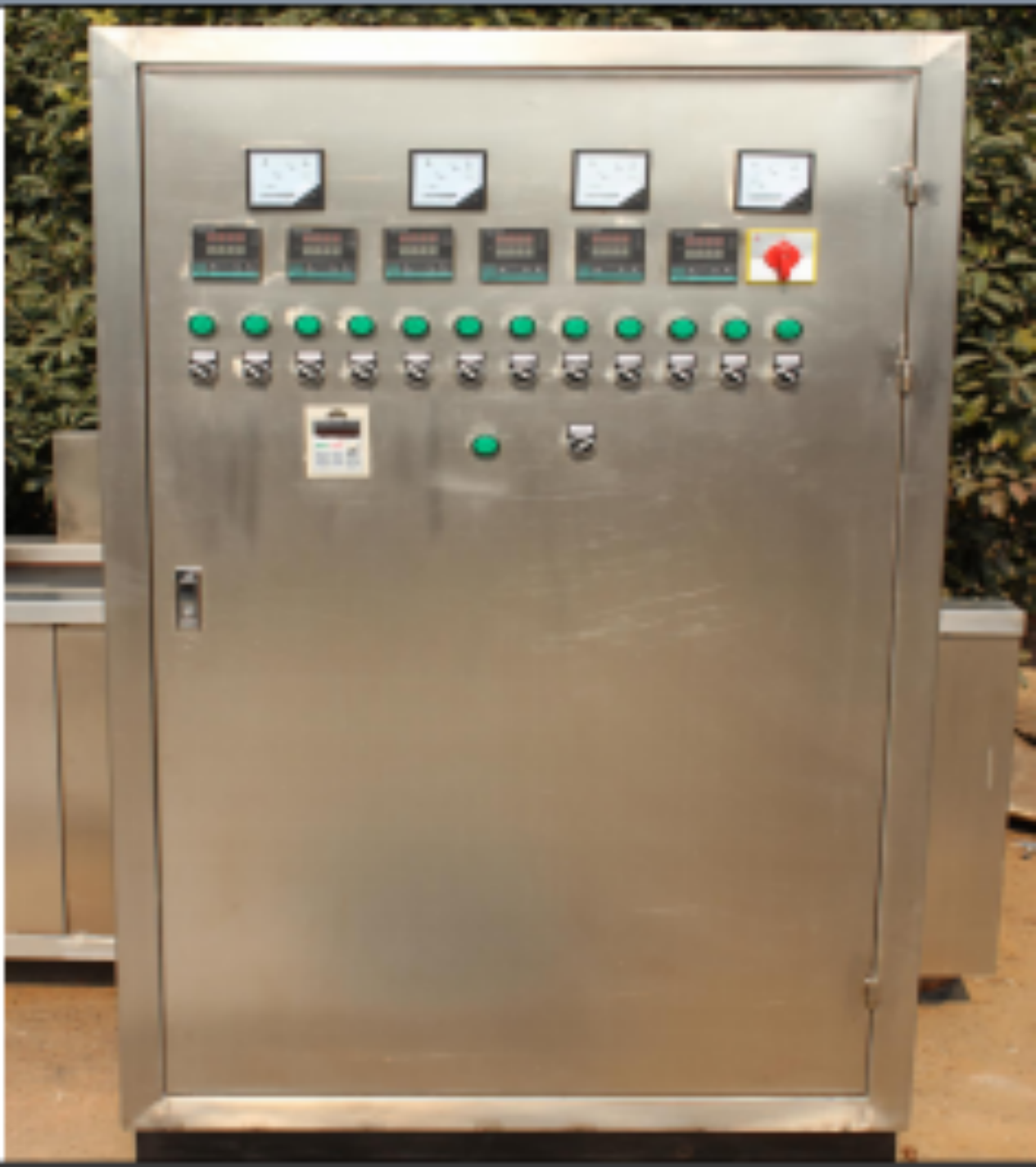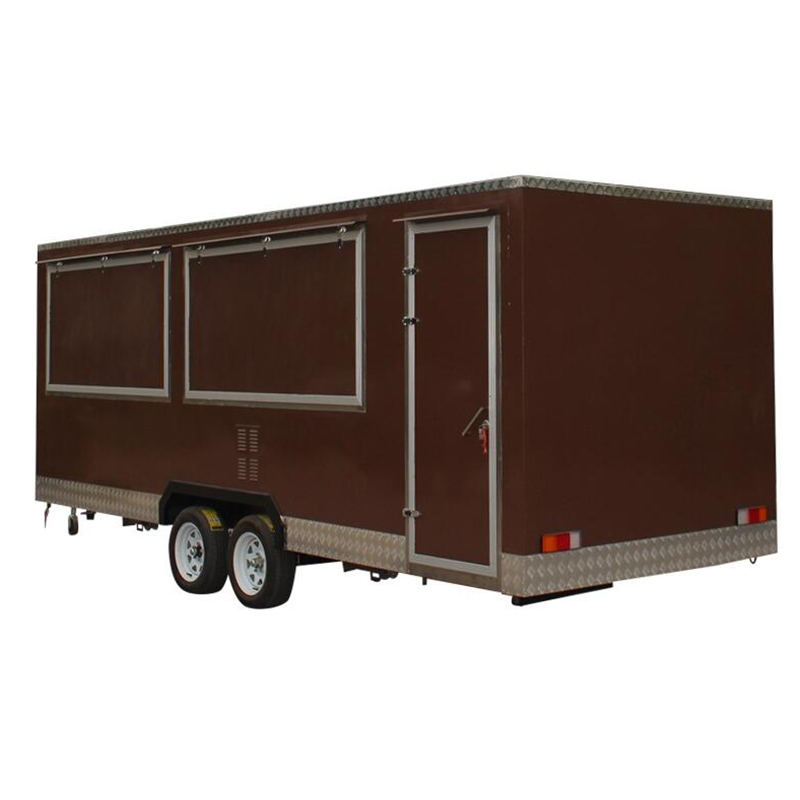If you buy something through our links, we may earn money from our affiliate partners. Learn more.
If you’re interested in starting a food service business, but don’t want to spend the time and money to set up a dedicated location, a food truck may be the way to go. Here’s a guide to help aspiring food truck owners get started. Arabic Pita Bread Tunnel Oven

Food trucks offer plenty of exciting opportunities for entrepreneurs. Here are some benefits of choosing this niche:
Food truck startup costs vary by location, niche, and business plan. However, a truck, equipment, business supplies, and ingredients generally range from about $30,000 to $100,000.
Yes, starting your own food truck can be profitable. Many food trucks make over $100,000 per year. Once startup costs and ongoing expenses are factored in, an annual profit of about $50,000 is usually possible. However, the exact amount you earn depends on your food truck concept, operating hours, menu, and locations. You can also look into food truck franchise options to cut your initial startup cost.
Every food truck may look and operate a bit different. But there are some common steps needed to get started. Here’s a guide to starting a successful food truck business.
If you want to be a successful food truck owner, you need to understand your competition. Research other food trucks in your area to find a unique niche and learn the hot spots and trends in your local food truck scene.
Food truck customers often like unique menu items. Find something that sets your business apart, like interesting toppings on classics like burgers and tacos.
A catchy name and brand will make your business more memorable. Choose consistent design elements that are easy to read and communicate a style that appeals to your target customers.
Every business needs a plan; here are some things to include in your food truck business plan:
Food truck owners may benefit from extra funds. Look for available grants for new businesses in your area for extra support.
Within your niche, create a short list of items you can make with limited ingredients. Price items based on demand and costs.
You need a truck that’s large enough to prepare and serve food. So, you have to find where to buy a food truck. You can find old vans or trucks in local classified ads and have them furbished with equipment. Or buy an existing food truck from a business broker.
Read More: food truck ideas
All businesses need a legal entity; here are some for food truck operators to consider:
Keep your business and personal assets separate to simplify bookkeeping and build credit. Consider business credit cards for monthly purchases.
Insurance can protect your assets if your business experiences any losses. Here are some common types for a mobile food business.
The exact equipment needed depends on your niche and how much food you work with, but here are some common categories:
A point of sale system helps successful food trucks manage transactions. Common options include TouchBistro, Toast, and Square.
Find wholesale suppliers for all the items you need to create your menu. These are often the same food industry suppliers that work with restaurants with a brick and mortar location.
Food trucks often need business licenses, vehicle registration and commercial driver’s license, parking permits for specific locations, and mobile food service permits. Check with your local health department to see what paperwork is required.
Local officials will also likely visit to check for cleanliness and food safety.
Taxes vary by state. But many food truck owners must pay:
Customers often research their local food truck community online. So create an online presence with your menu and social profiles to update your locations.
Food truck vendors should seek out spots with lots of customers, like high foot traffic areas and special events. Make sure parking spots are approved through your local motor vehicle department.
You may need a small team to make food and serve customers. Apply for a NIE number and meet other requirements of your state before interviewing and training.
Your food truck needs oil changes, tire rotations, and fluid flushes just like any vehicle.
To bring in more customers, promote your brand on social media accounts, update your location on food truck finder apps, and set up at popular food truck festivals. Once you gain popularity, create a franchise to market your tasty food in new locations.
Very informative content. Thanks for sharing
Your email address will not be published. Required fields are marked *
Small Business Trends is an award-winning online publication for small business owners, entrepreneurs and the people who interact with them. Our mission is to bring you "Small business success … delivered daily."

Gummy Candy Making Machine © Copyright 2003 - 2024, Small Business Trends LLC. All rights reserved. "Small Business Trends" is a registered trademark.